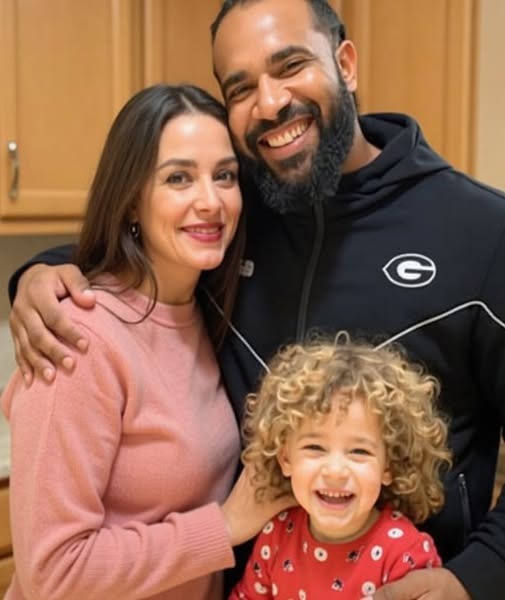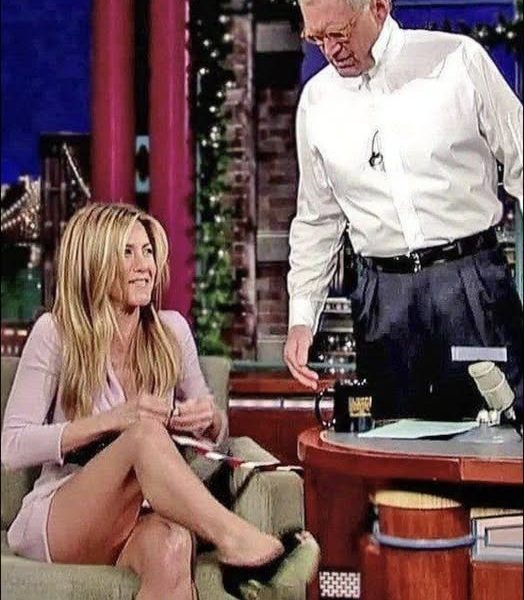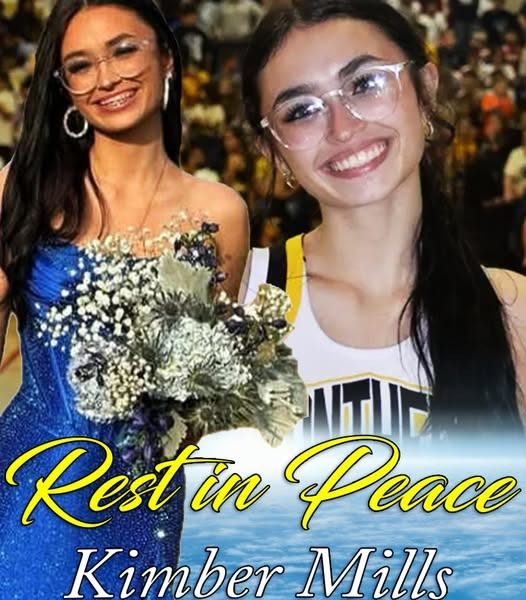The envelope looked ordinary—white, windowed, the kind that usually hides a utility bill. Inside it held a number that detonated our life: 0%. My husband Caleb was not our four-year-old Lucas’s father. I laughed when Caleb’s mother first whispered her doubts; I swore on every Bible verse I knew that I had never been unfaithful. So I marched to the lab, spit in the second tube, and waited for science to wash away suspicion. Instead it handed me a second zero. Lucas carried none of my chromosomes either.
We sat at the kitchen table that night staring at the boy who called us Mommy and Daddy, the child whose hair smells like sunshine after a nap, whose knees are forever scabbed, whose giggle is the soundtrack of our house. Nothing in the tests changed those facts, yet everything felt stolen.
Caleb’s voice cracked first. “Then where did we begin?” The hospital administrator met us in a beige conference room the next morning. A nurse wheeled in a projector; a lawyer wheeled in boxes of tissues. One click and we saw two footprints, both male, both born at 7:03 a.m. on March 14, four years earlier—one labeled Lucas M., one labeled Evan R. The footprints were nearly identical, but the bracelets had been swapped during a routine weigh-in when a thunderstorm knocked out power for forty-two seconds. Forty-two seconds that rearranged four lives.
They gave us an address. We drove across town with our hearts hammering like faulty brakes. Rachel and Thomas opened the door, and time folded in on itself. There, clutch a toy dinosaur identical to one Lucas slept with every night, stood a boy with Caleb’s cowlick and my father’s dimple. He looked up and said, “Hi. I’m Evan.” Behind him Rachel’s eyes were already glassy; she had seen Lucas’s photo on the hospital email and recognized her own chin staring back.
The boys, innocent and golden, circled each other like magnets. Within minutes they were building a Lego tower in the living room, two halves that had never known they were separated. Grown-ups cried; the kids simply merged.
We could have lawyered up, fenced off, claimed blood like property. Instead we chose Sunday dinners. We chose shared birthdays, swapped sleepovers, a group chat titled “The Wacky Quad.” Rachel and I text milestones at 2 a.m.—first lost tooth, first bike crash, first day of kindergarten. We argue over whose turn it is to host Thanksgiving and laugh when both boys demand the same superhero cake. Caleb and Thomas coach the same T-ball team; the other parents think we’re cousins or maybe swingers, and we let them wonder because explaining would take too long.
Some nights grief still sneaks in. I rock Evan while he sleeps and mourn the kicks I never felt, the midnight feedings I never gave Lucas. Rachel admits she sometimes stands outside Lucas’s room just to hear him breathe. We have learned that love doubled does not halve the ache; it simply gives the ache more places to land.
People ask how we can bear to “share.” The truth is we never possessed either boy; we were chosen to steward them. Lucas still runs to me with bloody knees; Evan still crawls into Rachel’s lap during storms. Biology gave us a story, but devotion writes the chapters.
Last month we took both boys to the beach. They built one giant sandcastle, four hands patting turrets, two sets of lungs shrieking when the tide rolled in. A stranger watched and said, “Your sons look nothing alike.” We smiled. “They’re brothers,” we answered, and left it at that. Family, after all, isn’t plotted on a double helix; it’s drawn in crayon on hospital cafeteria napkins, sung off-key during car-pool karaoke, whispered in the dark after bad dreams. It is the quiet decision to stay, to mend, to choose each other every day—even when the choosing begins in a mistake.
Tonight four toothbrushes line the counter, two blue, two green. Lucas demands an extra hug; Evan calls me “Mom-Mom” because he already has a Mommy and I’m the bonus. I kiss both heads, breathing in little-boy sweat and sunshine. The envelopes with the zeros are tucked in a drawer. They matter, but they no longer define us. What defines us is the Lego tower still standing in the living room, the group chat buzzing about lost teeth, the promise that neither boy will ever again wonder where he belongs.
We were handed a mix-up and turned it into a mosaic—jagged pieces fitted together until the picture is bigger, brighter, and more beautiful than if the glass had never broken at all.


